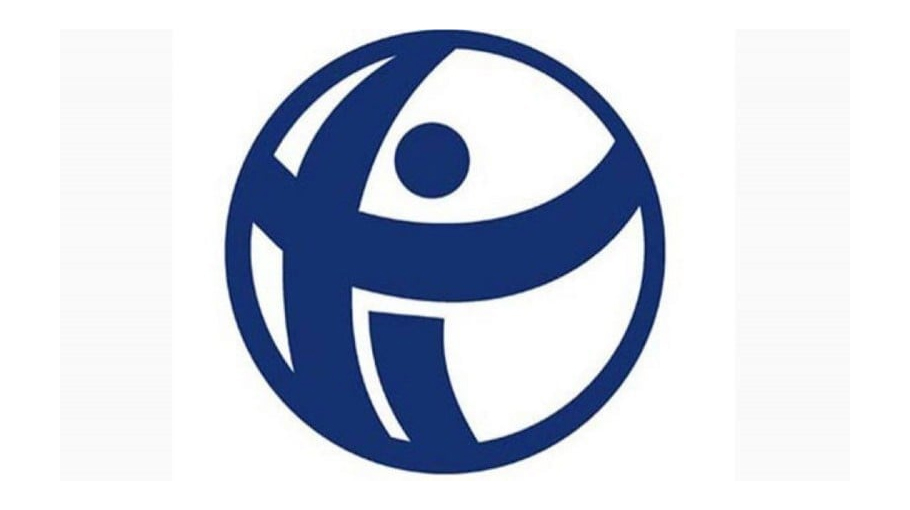TIB, four other anti-graft orgs for freezing laundered assets

Transparency International Bangladesh (TIB) and four UK-based anti-corruption organizations have jointly called for the immediate freezing of illegal assets held by Bangladeshis in abroad for bringing back to the country.
In a joint letter to the UK Secretary of State for Foreign, Commonwealth and Development Affairs, the organizations TI-UK, the UK Anti-Corruption Coalition, the International Lawyers Project, Spotlight on Corruption, and TIB highlighted the importance of fostering active collaboration with the Bangladeshi government in this regard, said a TIB press release on Tuesday.
They emphasized the importance of working together to ensure that those who possess illegal assets are held accountable and to facilitate the return of these assets.
“This initiative is viewed as a crucial step towards creating a future for the envisioned ‘New Bangladesh’ that is transparent, accountable, democratic and free from corruption,” said the press release.
It said the money smuggled from Bangladesh to various countries, including the United Kingdom, the United States, Switzerland, EU nations, Australia, Singapore, Malaysia, Hong Kong, and the United Arab Emirates.
TIB Executive Director Dr. Iftekharuzzaman said, “Most of the countries where corrupt money and assets from Bangladesh have been laundered to are among our development, trade and investment partners who are committed to fighting corruption nationally and internationally.”
“Now is the time for them to take such commitments to a new level of effectiveness by taking immediate necessary actions to freeze illegal assets owned by all Bangladeshi individuals and entities in their respective jurisdictions,” he added.
He continued that, “We particularly call upon the governments of the UK, the USA, Switzerland, Canada, Australia, the EU countries as well as Singapore, Malaysia, Hong Kong and the UAE to freeze such assets as the step to repatriate the same to Bangladesh and hold the perpetrators to account.”
Susan Hawley, Executive Director of Spotlight on Corruption, said, “The UK really needs to put its money where its mouth is when it comes to helping developing countries like Bangladesh track down stolen assets that the UK is harbouring, and to ensuring accountability of corrupt actors.”
“By bolstering anti-corruption efforts at this crucial moment for Bangladesh, the UK could play a decisive role in ensuring the country achieve the secure democratic and inclusive future that the UK has promised to help it achieve,” said Susan Hawlay.
Duncan Hames, Director of Policy at Transparency International UK, said, “We know that Bangladeshi politicians with unexplained wealth and members of the business elite accused of wrongdoing have significant asset portfolios here in the UK and abroad.”
“The British government should now work closely with allies around the world and civil society within Bangladesh to introduce a sanctions regime which freezes the assets of these corrupt figures and their enablers, ensuring they don’t enjoy their ill-gotten gains,” he added.
In the letter to the UK Secretary of State on August 30, it was highlighted that the extensive corruption by beneficiaries of the ousted authoritarian government is being uncovered in Bangladesh, which is currently in transition.
The assets smuggled by these beneficiaries rightfully belong to the citizens of Bangladesh.
In order to contribute to the reforming of a “New Bangladesh”, it is essential to promptly locate and retrieve these concealed assets from different countries across the globe.
This will help improve transparency, accountability, democracy, and inclusivity in the country. The letter seeks cooperation from the UK Secretary of State to support this effort.
The letter urges the UK government to promptly address three crucial matters, in line with their commitment to support the Interim Government of Bangladesh.
First, the five anti-corruption organizations (TI-UK, the UK Anti-Corruption Coalition, the International Lawyers Project, Spotlight on Corruption, and TIB) request that the UK’s National Crime Agency proactively investigate whether money laundered by Bangladeshi individuals or companies is present in the UK.
They urge the agency to take all necessary measures, including freezing these assets, as an initial step toward repatriating the funds to Bangladesh.
Second, they seek UK government assistance in reforming key Bangladeshi institutions such as the Anti-Corruption Commission, Financial Intelligence Unit, Criminal Investigation Department, National Board of Revenue, Office of the Attorney General, and law enforcement agencies.
Additionally, they request support in building the capacity of forensic accountants and lawyers to enable these agencies to promptly identify and recover laundered money.
Third, the letter calls for cooperation and coordination with countries where Bangladeshi funds have been smuggled—namely the United States, Canada, Australia, the European Union, Singapore, Malaysia, Hong Kong, and the United Arab Emirates (particularly Dubai).
It underscores the necessity of accelerating the process of repatriating these assets and guaranteeing accountability for all parties involved with the laundered money.




